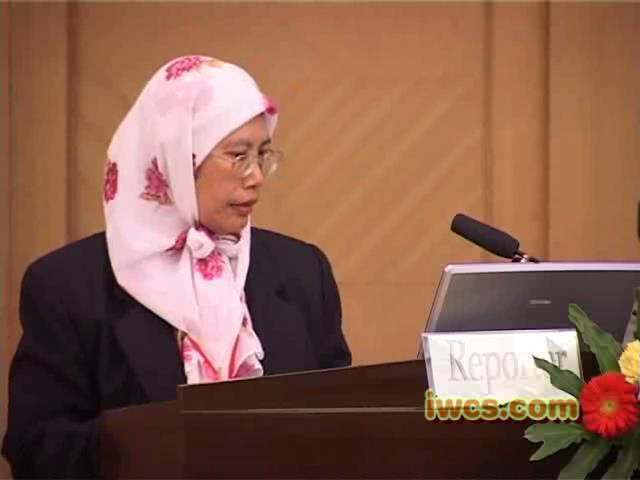报告嘉宾:Ani binti Sulaiman
报告摘要: The wood culture in Malaysia is strongly influenced by the government policy to protect the rich tropical forest that is heaven to nature’s lovers from disappearing. As such, this nature’s gift to mankind should be wisely manipulated and utilized. The sustainable forest management policy is meant to protect this natural resource from depleting, minimising air/water pollution and moving towards environmentally-friendly processes. The establishment of plantation forests and agro-forestry practices in Malaysia are among the moves identified to sustain the increasingly depleting natural forests as a result of uncontrolled logging. Wood and wood products still remain one of Malaysia’s most important export revenues besides electronic equipment, petroleum and liquefied natural gas, chemicals, palm oil, rubber and textiles. The most prominent of the secondary processed wood products is furniture, and reconstituted wood products, such as chipboard and particleboard, are fast replacing the traditional solid timber applications. The use of wood in handicrafts has long been known and recent efforts to revive it are seen in the small scale industries which also include other non-wood forest products such as rattan and bamboo. The use of timber in construction has largely been due to its availability and cost effectiveness in the past. Such buildings are seen in the distinctive style of the rural timber houses in the different states in the country using the highly durable timbers like chengal (Neobalanocarpus heimii), balau (Shorea spp.) and merbau (Intsia palembanica). Recently with the use of less durable and less known or chapchar timbers in building components has caused some controversies which resulted in the parties involved to opt for other materials that are more competitive, reliable and cost effective over a long period. Various agencies, research institutes, universities and the private sectors are entities that have been responsible in supporting the wood culture in the country. The various agencies mandated to regulate the culture belong to the government either fully or partially. The research institutes and the universities are expected to add-value to the practices. The private sectors invest in funds to commercialize and thus enhancing the application of the culture. The roles of the market directly and indirectly contributed to the enrichment of the culture. This win-win coalition of roles and responsibilities is aimed to create the birth of a respected culture for the generations to come. The present paper discusses the roles and responsibilities - and the challenges, as faced by these players to place the wood culture not in disrepute for the Malaysians, or the world over.
责任编辑:iwcs24L


 707
707